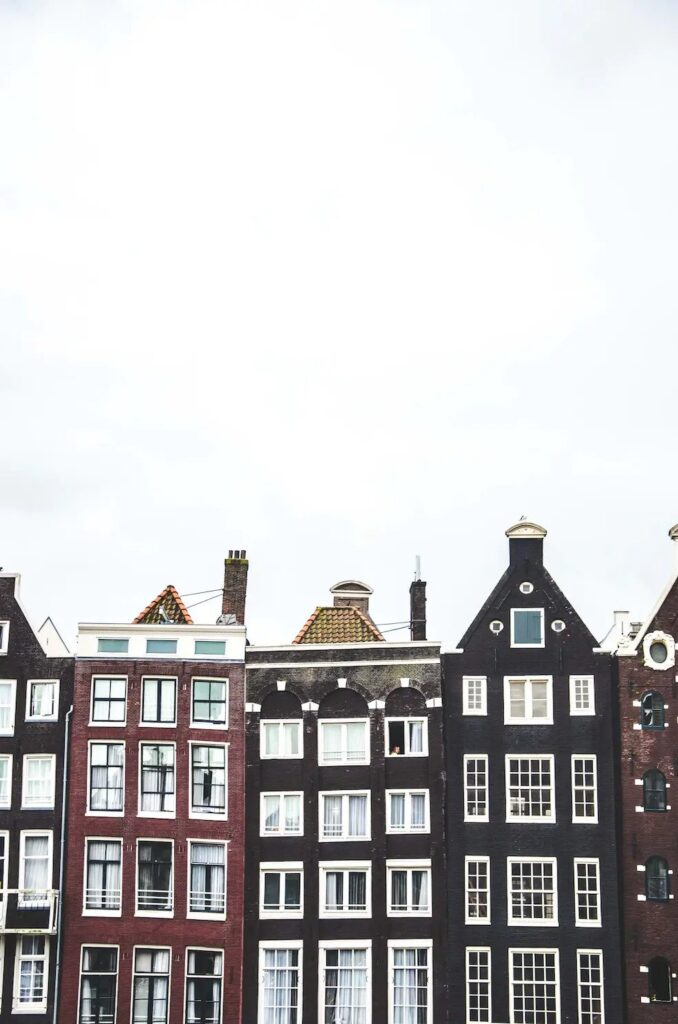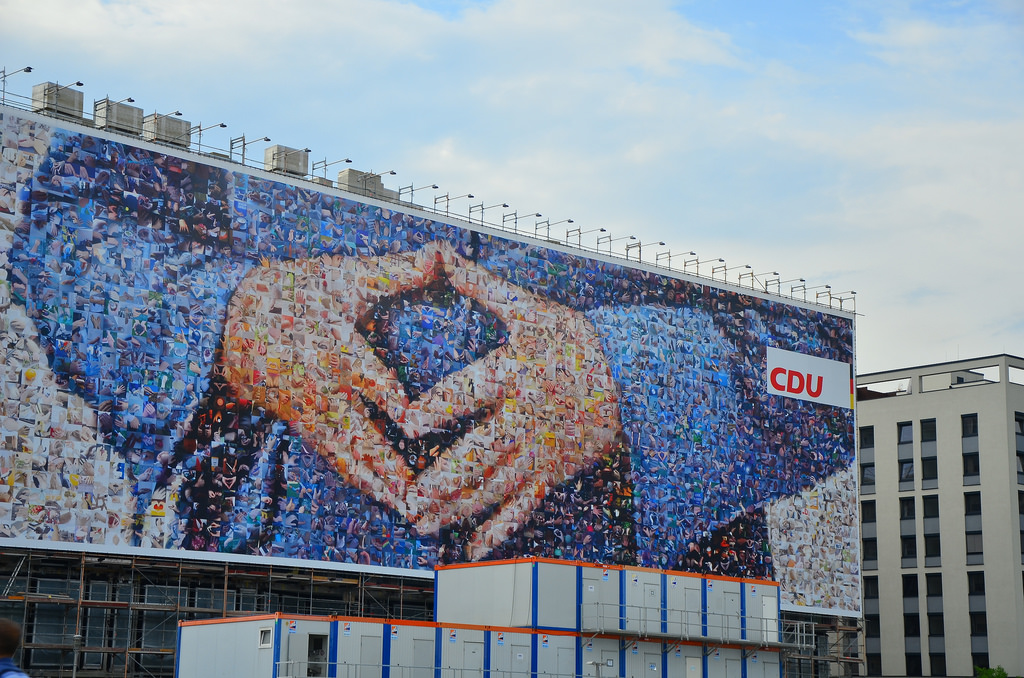As an American, my initial perception of Dutch culture was often about waffle-filled diets, incessant bike use and an “I just say it how it is” nature. However, since starting my study abroad experience at the University of Maastricht, I have come to learn about another critical part of the cultural Dutch identity that is even embedded into their architectural style: an obsession with normalcy.
The Dutch houses line the streets everywhere, adorned with beautiful large windows that don’t ever have any curtains or any sort of cover. Not only can anyone walking on the street see the minimalist and rustic decor outside of the home, but any passerby also has an open gateway into the home and a personal look at how the inhabitants choose to decorate their home.
As I walked down the street at night, I could see into the windows of all of the homes and apartments that line the streets, and got an intimate look at the families dining inside or the elders watching TV. When I mentioned the open windows concept and how beautiful, yet exposed, the interior of each home is, my instructors just laughed and said “Yes, they’re just displaying how normal they are.”
Following an intense night of reading up on Dutch norms, I came to recognize that the intention behind this open exposure was to demonstrate the normalcy of the families that lived within these homes. Many believe this practice is rooted in the values of Calvinism, which insists that an honest person will not need to deceive people or hide. To many Dutch people, this display of getting breakfast or working in their home office is a demonstration of their ability to “be normal” and show that they are accepted into Dutch standards during their personal time, as well in their public lives. In a culture where demonstrating decency is so valued, leaving your windows open is a primary example of showing your possessions and the decent living standards you set for yourself.
This mindset is not only limited to the open exposure of nearly every window in the street. Slowly but surely, I started to see how this “be normal” mentality surrounded me everywhere in the Netherlands. When someone next to me was walking the wrong way on the street, an old lady told her to “do normaal.” When my friend talked a little too loud at brunch, the man next to us similarly said “nou nou,” a signal that you’re behaving outside of the norm and you need to adhere to Dutch norms. Even the bread at the grocery store labeled “normal” bread is priced much higher than cultural bread and other bread types that have more ingredients and labor costs associated with them. There seems to be constant signaling and expectation of how one can fully adhere to the Dutch norms and not ever stand out.
Coming from the United States where showing extravagance and individuality is valued and seen as desirable, the Dutch interest in behaving within a thin spectrum of what is considered “normal” is not just intriguing but unusual. Shouldn’t you desire to stand out from the crowd? How will you succeed if you don’t?
After living here now for a month (wow, so long…) I have also learned how this acceptance and expectation of normalcy is also embedded into the governmental structures at hand. Mark Rutte, the current Prime Minister of the Netherlands, has now held the position for more than 12 years. This officially makes him the longest-serving democratically elected leader in Europe. His center-right politics and his efforts to keep things as they are, combined with his personal love of all things Dutch such as biking and waffles, keep the voters on his side year and year again. His ability to not only avoid causing conflict but also his ability to fade into the background is seen as a positive. This is not to say he is not charming or successful at swaying the public opinion, as he has held power for so long and been able to accomplish a lot during his time.
However, his center politics are more fascinating because not only is he able to keep power, his government has maintained its position for so long and he has avoided following the path of extremism making waves through the EU right now. He has even been nicknamed “Teflon Mark” because nothing seems to stick to him and his image as his control continues. His political positions have been characterized by pragmatism, which is in line with Dutch culture that prefers practical solutions to ideological ones. His approach has helped to maintain a sense of stability in the country, which has been attractive to many Dutch voters.
However, his approval ratings have recently taken a dip in recent years. In 2021, his government resigned after a scandal involving the child welfare benefit system. Essentially, due to negligence and a lack of oversight, many were wrongly accused of tax fraud. Rutte’s involvement in this situation and many people’s impression that he tried to hide these incidents affected his political strength. But, despite this major incident, he was still subsequently re-elected and still holds the position. For many across the globe who know the impact that one major scandal has had on a politician’s past, this situation seems unfathomable. The ongoing approval of such a center politician for so long in a government signals the uniqueness of the Netherlands in maintaining a status quo and pursuing the ideals of normalcy.
And when we look at the decisions of the Netherlands internationally this past decade, this expectation of normalcy is also prevalent. The demonstrated resistance to incoming EU members and against the widening process of the EU is also attributed by many to be a result of Dutch complacency. As the European Union is in the process of deciding how to stop the influx of international immigrants, whether it be through greater border control or increased security measures within, there is still a demonstration that being outside of normal within the Netherlands carries greater weight. Dutch citizens are coming to believe that as the demographics of the Netherlands change, holding onto that same feeling of normalcy will also be a different experience.
So, from the amount of houses exposed to the public or the type of bread bought, social customs show the stagnant growth for the Netherlands in terms of pioneering social acceptance. When the lines between expecting normalcy and expecting sameness begins to blur, it becomes clear that the Netherlands might not be as socially liberal as it might initially seem.
These ideas of adhering to a status quo can often skirt the line of desirable and discriminatory. It will be interesting to see how the government changes in the future and in a post-Brexit world, and how the role the Netherlands plays in European politics might shift with new developing powers.







